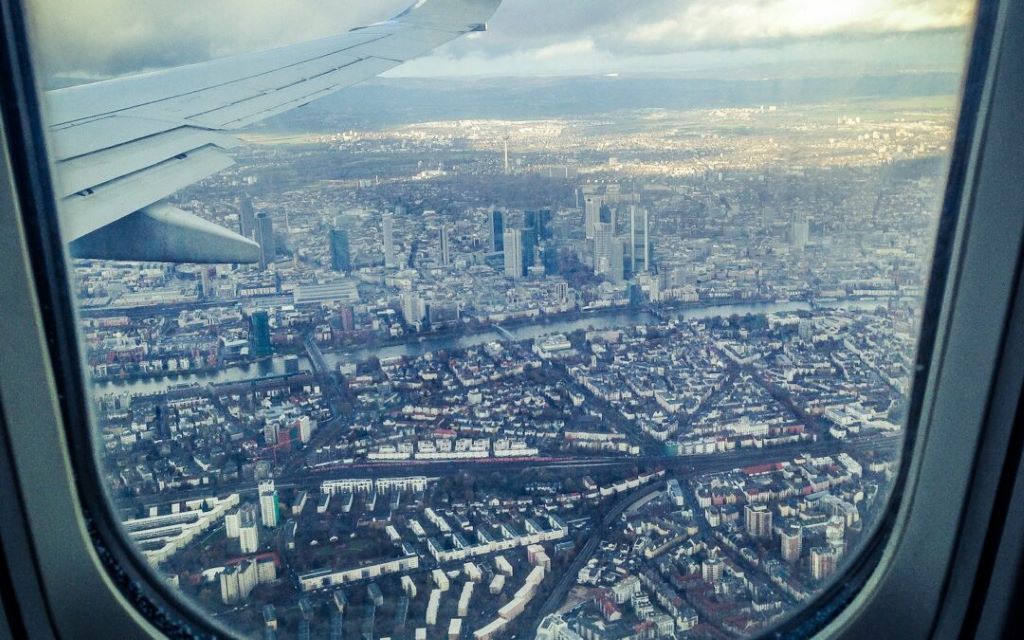Traveling to another country can be hazardous; more so, with high-risk countries. However, there is one preparation given to travelers before they leave for other lands that can prepare them mentally and physically for the dangers which may arise in another unfamiliar land. How often must you receive a defensive foreign travel briefing Allow us to elucidate that here below:
What is a Defensive Foreign Travel Briefing?
Foreign travel briefing with defensive measures is one form of security training session. Briefing on foreign travel preparations prepares travelers for risk exposures in foreign countries. Their threats could be about terrorism, crime, or political instability. All these briefings therefore work towards achieving the goal of having safe tourists and proper management of emergencies.
Why do such briefings need to be done?
Briefings are especially important when anyone is traveling to places of concern. The risks include theft, kidnapping, or even surveillance. It is, therefore important to know the risks beforehand. Briefings provide travelers with tools and knowledge necessary for keeping safe.
These briefings are very important to government employees and corporate travelers. They often carry sensitive information. Therefore, a little extra precaution is necessary to keep both themselves and their information safe.

How Often Do You Need to Receive a Def-General Foreign Travel Briefing?
The frequency of the briefings on the need to defensively travel abroad depends on several considerations. Generally, government and militaries need it before going on any international trip. They must, therefore, be well-informed about what is currently bugging security in the destination nation.
Briefings vary in frequency among private sector employees. Some organizations brief annually and biannually. If you are heading to a high-risk area, an additional briefing may be essential before departure. Briefings ensure that travelers are constantly up to date regarding the latest threats.
In summary, briefings should occur prior to every trip, especially while intending to go to high-risk destinations. Annual updates may also be indispensable for frequent travelers.
Who Needs a Defensive Foreign Travel Briefing?
Not everybody needs a defensive foreign travel briefing. But there are certain groups that should attend periodically. Those are:
Government personnel: Defense, intelligence, and diplomatic personnel should attend often before every trip.
Corporate tourist: Employees from the finance, technology, as well as energy sectors require them, especially if they have sensitive information.
High-risk travelers: People traveling to unstable governments or areas where crimes are rampant need them.
Even tourists visiting dangerous destinations should take a defensive foreign travel briefing. They will be able to have a safer trip by understanding the given condition.

What is contained in a defensive foreign travel briefing?
A defensive foreign travel briefing comprises several vital topics. They are customized to the traveler depending on their destination and purpose. Common items include:
Current Security Risks: The briefing will include any existing risks, such as terrorism, crime, or political instability, in the destination.
This includes cultural awareness; knowing the local customs helps prevent misunderstandings and keeps travelers out of trouble.
Cybersecurity protocols: Traveling often exposes one to risk of cyber-attacks; briefings teach on how to protect data and devices.
Surveillance awareness: As a traveler, one may be targeted for surveillance. Briefing on how to avoid unwanted attention is also included.
Travel Safety Tips: Travelers are advised on their stay within unfamiliar places with safety tips when exploring. This includes hotel security, transport safety, and more.
These briefings are always customized in such a way that the traveler is adequately prepared in case of any dangerous environments. The more one is aware of these facts, the more confident they are likely to be in traveling through risky territories.
How long does a defensive foreign travel briefing last?
The length of a defensive foreign travel briefing differs depending on its content. A standard session lasts between one to two hours. Slightly longer or full-length briefings are usually taken for more dangerous countries.
Some organizations allow online briefings, which offer greater flexibility. These briefings can be scheduled at a person’s convenience. In-person briefings are generally longer and more engaging, affording a question-and-answer opportunity.

FAQs About Defensive Foreign Travel Briefings
Q: Are the briefings mandatory to anyone who travels?
A: They are usually only used by government individuals and some corporate employees. Any person traveling to a dangerous country would be wise to attend one.
Q: How often must I attend a defensive foreign travel briefing?
A: Most people need to attend a briefing prior to any trip into a high-risk country. Companies can have annual refreshers.
Q: Can I receive this briefing over the internet?
A: Yes, most companies permit web versions of these briefings. In-person briefings, however will likely be more detailed and customized for the attendee.
Q: What if I change my itinerary?
Q: If I am re-routed to a higher risk destination, do I need to receive another briefing? Check with your organization.
Q: What is the consequence of my not following the brief’s advice?
A: Not following safety advice puts you and your organization at greater risk. Regarding the safety advice, action taken by you will mitigate your risk exposure.
Pre-Defensive Foreign Travel Briefing Preparations
One should prepare for a defensive foreign travel briefing. First, research the destination country. Knowing the region’s political climate, safety concerns, and customs would therefore help in the briefing.
Do not forget to read all materials received during briefing. You would then familiarize yourself with all knowledge very well so that you are prepared for your trip. Adopt other prudent habits, such as keeping a low profile or securing your belongings, to avoid/minimize risks in overseas destinations.
Why Briefings End
Travel risks are constantly changing. Something may be safe to visit one year but not safe to visit today. Briefings regularly keep travelers well-informed of new threats. At the same time, briefings remind very important safety protocols that one may forget to apply.
Having old information in a high-risk destination will put one into bad and dangerous situations. Therefore, regular briefings ensure that travelers are properly equipped. As a matter of fact, most organizations that conduct annual or bi-annual updates include this among their compulsory lists, especially in sensitive operations.

What Takes Place During a Briefing?
A briefing session will be taken by the instructor regarding your destination. What at present might be occurring there will be passed on to you, and how they can avoid dangerous situations will be explained. Safety in the cases of natural disasters and civil unrest will also be given to you.
They can also identify some situations you would face while traveling, such as hotel or public transportation safety. They’ll guide you on how to be safe while traveling digitally and avoid any exposure of your digital data while abroad. The last part of the session usually consists of Q&A, where the travelers clear their doubts regarding the issues that have been discussed.
Can Defensive Foreign Travel Briefings Prevent Security Incidents?
No briefing can guarantee complete safety, but they reduce risks to a considerable level. A defensive foreign travel briefing equips travelers with the knowledge to recognize threats. For example, knowing one’s way around unsafe areas can help avoid muggings or assaults.
Briefings create awareness on cyber threats. In this digital era, personal information becomes a critical target. Cybersecurity protocols reduce cases of data breaches to a bare minimum. The overall effect of these briefings is to ensure that the individual remains guarded and waylays unnecessary risks.
Briefings about defensive travel outside of your country are important to anyone traveling to dangerous areas, and government employees, as well as corporate travelers, may be a good fit for attending. Your organization and travel plans can determine how often you have to go for a briefing, but normally before each trip, especially if you are going to risky destinations.
These briefings are useful for safe traveling abroad. Content cuts across security threats, cultural awareness, cybersecurity, and personal safety tips. All assessments are updated regularly to ensure travelers are always given the risks for their destinations.
Skipping a defensive foreign travel briefing may leave one unprepared for the dangers that might be at their destination. For the government employee, the private traveler, understanding the local environment can make your trip safer and more successful. Take the time to attend these briefings-it could protect you and your organization from serious harm.














